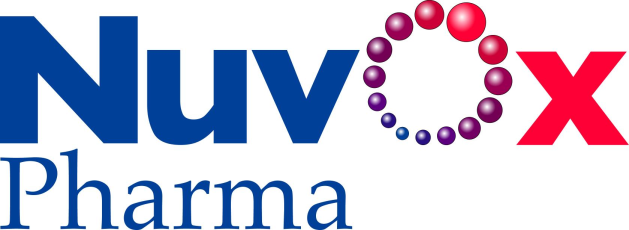NuvOx Pharma, a privately held biotechnology company based in Tucson, Arizona, announced that on July 14th, it began a Phase Ib clinical trial of its new drug NVX-108 in patients with glioblastoma, a deadly form of brain cancer.
Dr. Unger, CEO of NuvOx Pharma said, “Glioblastoma, like many other forms of cancer, is known to have low oxygen (hypoxia). Hypoxia adversely affects the response of tumors to radiation therapy and NVX-108 has been shown to raise tumor oxygen levels and improve the response to radiation therapy.” The clinical trial is being performed at Monash University in Melbourne Australia. Dr. David Wilson, Chief Business Officer of NuvOx said about the trial, “Glioblastoma patients are receiving an IV dose of NVX-108 during each of the 30 fractions of radiation over a 6 week period. The primary end-point of the trial is safety, but we hope to determine the recommended dose for the drug as well as learn more about the effect of the drug on the patients survival.” After completion of the trial NuvOx plans to file an investigational new drug application with the FDA and perform a pivotal trial in the US.
Dr. Unger added, “We were also excited to learn on July 24th that we were being awarded another grant, this one from the National Heart Lung and Blood Institute (NHLBI). The NHLBI has awarded us a grant for $225,000 to further development of a novel nanoparticle technology for identification and potential treatment of vulnerable plaque (damage to the arteries) responsible for heart attack and many cases of stroke.” This project is in collaboration with Dr. Jonathan Lindner at the Knight Cardiovascular Institute at the University of Oregon in Portland. Dr. Lindner said, “I am very excited about this project because NuvOx nanotechnology might detect high-risk cardiovascular disease before heart attack or stroke and allow us to intervene earlier and avoid hear attack or stroke.” Jennifer Marshall, CFO of NuvOx, added, “We are pleased to receive this grant from the NHLBI which will commence funding on September 8th. This is in addition to the $1.6M in grant funding that we have received to date from the National Institutes of Health.”

